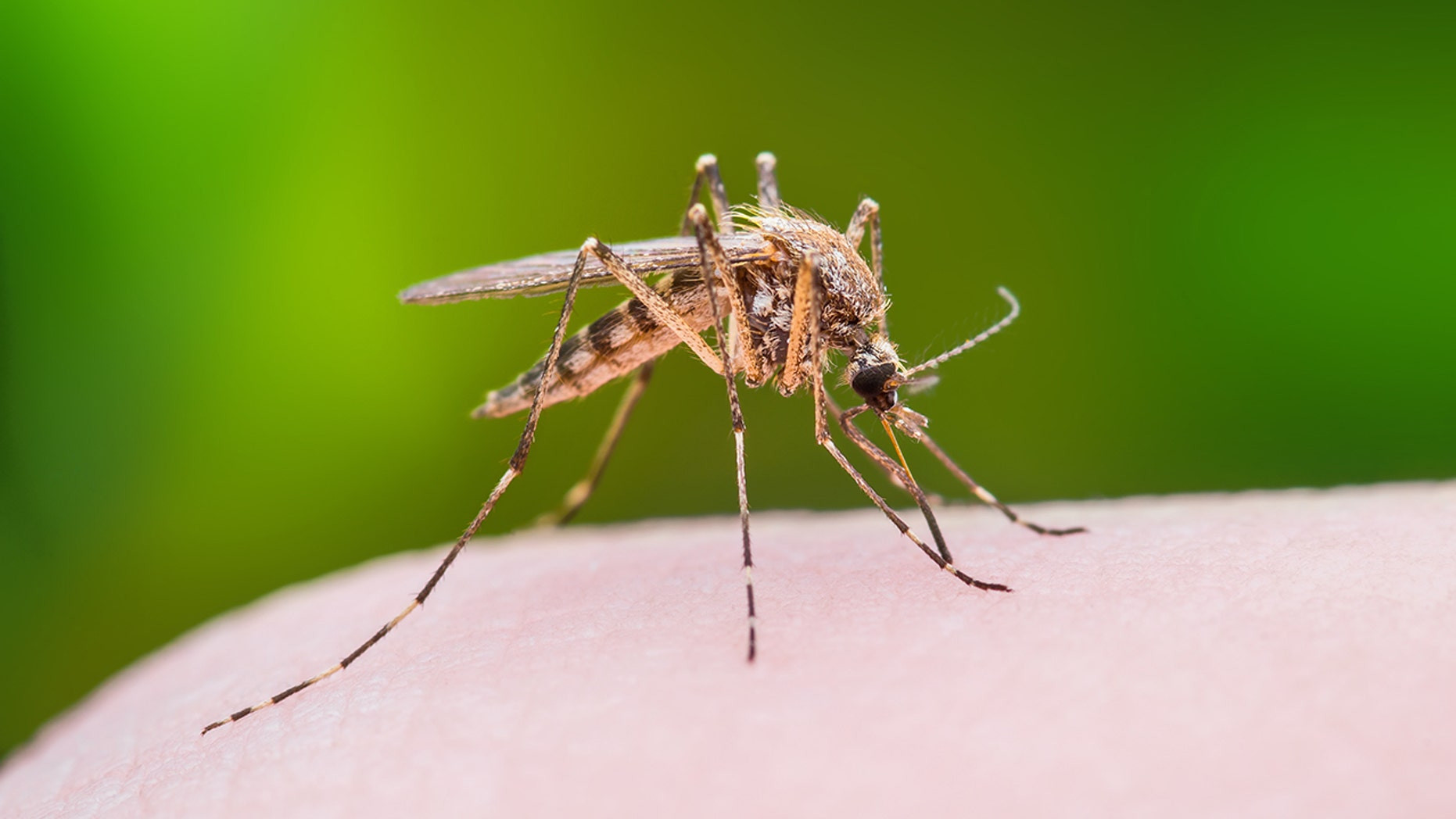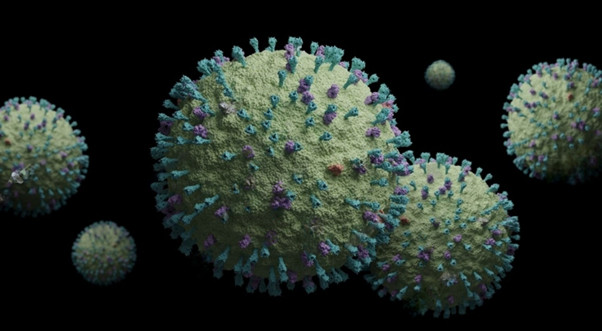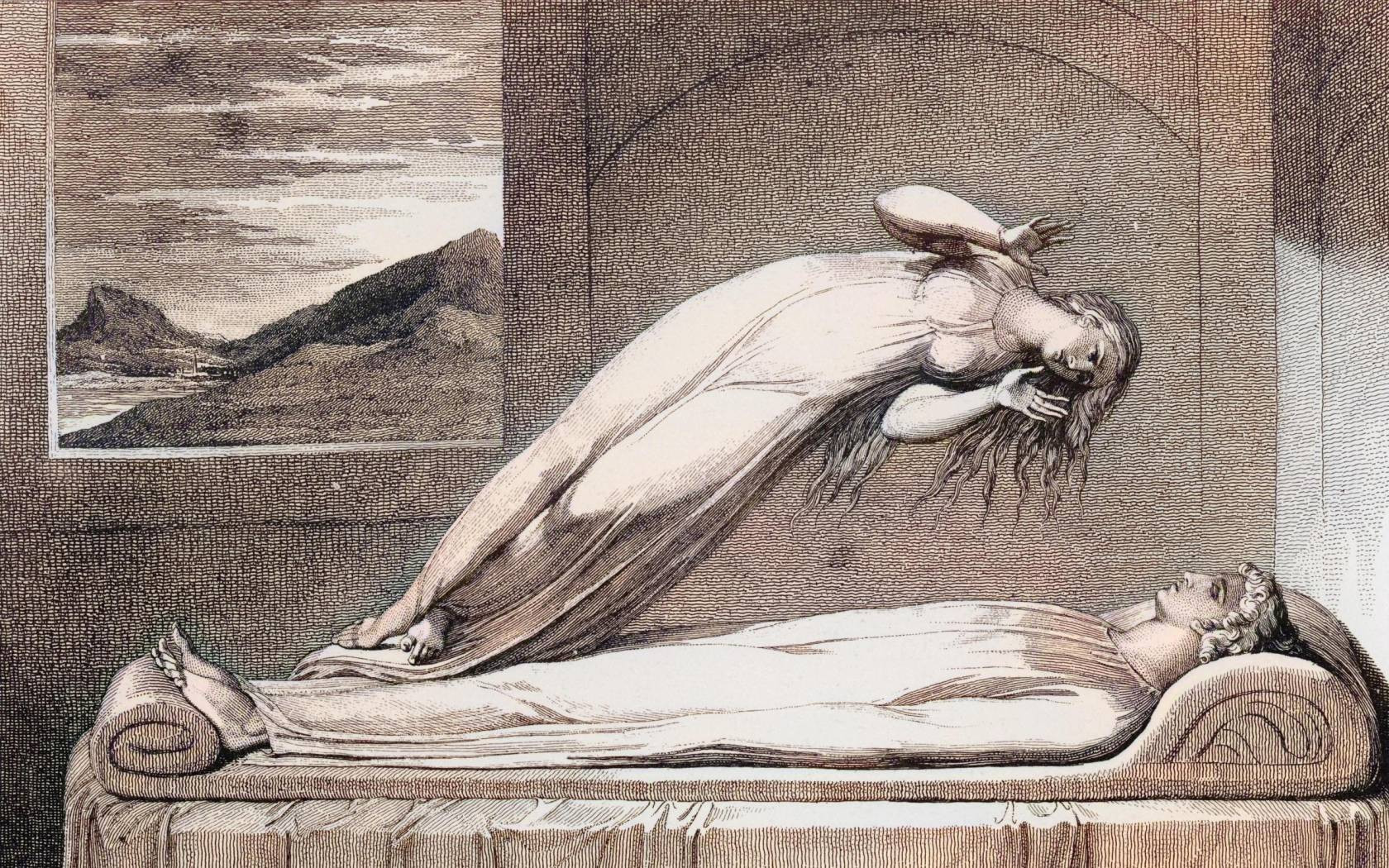Dr. Anthony Fauci, the former top U.S. infectious disease expert, has spent time in the hospital after being infected with West Nile virus and is now recovering at home, a spokesperson confirmed Saturday.
Fauci is expected to make a full recovery, the spokesperson said on condition of anonymity due to security concerns.
What is West Nile, and how are people infected?
It’s mosquitoes — particularly Culex mosquitoes — that spread the virus.
Since West Nile was first detected in the U.S. in 1999, it’s become the most common mosquito-borne illness in the country.
The bugs become infected when they bite sick birds, then spread the virus to people through another bite.
Cases tend to peak in August and September, often following rainy seasons. The bugs lay eggs in standing water.
So far this year, 216 human cases of West Nile have been reported in 33 states, according to the latest data from the Centers for Disease Control and Prevention. The illness caused what’s known as neuroinvasive disease, such as brain inflammation, in 142 of those patients, the CDC reported.
Thousands of people are infected with West Nile each year, though the majority never know it because they don’t develop symptoms.
According to the CDC, about 1 in 5 people will experience:
- Fever
- Headache
- Body aches
- Vomiting
- Diarrhea
- Rash
Symptoms typically appear between three and 14 days after being bitten.
Complications from West Nile
Serious complications including meningitis, paralysis and death can occur, but are much more rare — affecting about 1 in 150.
People over age 60 are at higher risk. Fauci is 83 years old.
Treatment and Prevention
There is no specific treatment or vaccine for West Nile.
Despite growing evidence that Culex mosquitoes may be becoming resistant to some insecticides, experts maintain that common repellents such as DEET and picaridin work well at keeping the bugs at bay.
Other ways to avoid mosquito bites include:
- Wearing long sleeves and pants when outdoors
- Staying indoors during peak mosquito hours, typically dusk and dawn
- Emptying standing water around your home, such as in birdbaths, flower pots, and gutters
- Using mosquito nets when sleeping outdoors
Fauci’s Experience with West Nile
Dr. Anthony Fauci told CBS News that he is recovering at home after being hospitalized with West Nile virus. Fauci, the former director of the National Institute of Allergy and Infectious Diseases and a longtime public health official who headed up the United States' response to the coronavirus pandemic, was hospitalized about ten days ago, he said Saturday. At the time, he was suffering from fever, chills and severe fatigue.
Fauci said he left the hospital three days ago and is expected to make a full recovery at home.
The West Nile virus is primarily spread by mosquitoes, according to the Centers for Disease Control and Prevention. It's the leading cause of mosquito-borne disease in the continental U.S. and spreads during mosquito season in the summer and fall. Fauci likely contracted the virus from a mosquito bite in his backyard, he said.
West Nile and its impact
There are no vaccines to prevent West Nile virus or medicines to treat its symptoms, but most people infected with the disease do not feel sick, according to the CDC. About one in five people infected develop a fever and other symptoms. About one in 150 infected people develop a “serious, sometimes fatal, illness,” the CDC said.
About 216 cases of West Nile virus have been reported in 33 states this year, according to the CDC.
Dr. Anthony Fauci, former director of the National Institute of Allergy and Infectious Diseases, is recovering at home after being hospitalized with West Nile virus, a spokesperson said.
About 1,000 Americans are hospitalized each year with the most severe form of West Nile virus, which is spread through the bite of infected mosquitoes. Another 1,500, on average, are diagnosed after developing symptoms, although experts estimate that as many of 80% of infections in the US are never identified.
There is no vaccine or specific treatment for West Nile. Most cases are mild, causing flu-like symptoms and a rash. In about 1 in 150 cases, the virus invades the brain and nervous system, which can lead to brain swelling, brain damage or death. About 100 people die from West Nile infections in the US each year.
The heaviest virus activity is usually seen in August and September. As of August 20, 216 cases have been reported this year in 33 states, with 142 neuroinvasive cases, according to preliminary data from the US Centers for Disease Control and Prevention.
Fauci’s Recent Public Role
West Nile Virus is a relatively rare and potentially deadly disease, which is primarily spread by mosquitos. It can cause fever, headache, body aches, vomiting, diarrhea or rash, the U.S. Centers for Disease Control and Prevention says.
Jenn Kuzmuk, a spokesperson for Fauci, confirmed his illness to USA TODAY on Saturday and said Fauci is expected to make a full recovery.
Fauci, 83, was in the hospital for six days, the Washington Post reported.
Fauci became a household name during the COVID-19 pandemic as a top public health expert. For some, he has since has become a focus of anger and frustration for his stands on vaccination, science and social distancing – the same qualities that make him highly admired by others.
West Nile virus: The facts
Most people who contract West Nile Virus never develop symptoms, the CDC said. About one-in-five have a fever or other symptoms, while about one in 150 infected develop serious illness that can sometimes be fatal.
The virus is endemic in the U.S. Exactly 25 years ago, in August 1999, officials identified West Nile as being introduced to the country, first in New York City.
Cases of West Nile are highest in the U.S. during the summer through fall, when mosquitoes are most active. Annual cases in the U.S. fluctuate widely, the CDC says, but this year there have been 216 cases in 33 states identified as of Aug. 20. Of those cases, 142 were neuroinvasive, meaning it affects the nervous system and can lead to meningitis or encephalitis.
There are no vaccines to prevent West Nile or medications to treat it.
Fauci’s Return to Academia
The former head of the National Institutes of Health’s (NIH) National Institute of Allergy and Infectious Disease was hospitalized for six days with the virus. Fauci, 83, is expected to make a full recovery.
“Tony Fauci has been hospitalized with a case of West Nile virus. He is now home and is recovering. A full recovery is expected,” a spokesperson told multiple outlets.
Fauci retired from his role at the NIH in 2022 after achieving widespread recognition for his role in public health communication during the Covid-19 pandemic. He now serves as a distinguished professor at Georgetown University’s School of Medicine.
Despite his retirement from the NIH, House Republicans in June called Fauci for a heated hearing about his response to Covid-19. Republican lawmakers accused Fauci of covering up the origins of the virus. Fauci said the claims were “simply preposterous”.
Fauci told Congress at the time that he and his family still receive death threats. In 2022, a man was sentenced to three years in federal prison after sending a series of emails threatening Fauci and his family.
Understanding West Nile
The West Nile virus is often transferred to humans through mosquito bites and is non-symptomatic for 80% of those who are infected, according to the Centers for Disease Control and Prevention (CDC). One in five who are infected develop fever and other symptoms, including body aches, diarrhea and rash. About 1,000 Americans are hospitalized with the virus each year.
While there are no vaccines or treatments for the virus, the CDC recommends protective measures like using insect repellant to avoid contracting the virus. The virus is mostly spread during the warmer months in the summer and early fall.
New Research on West Nile
A study published in April that looked at the blood samples of 250 people who went to the hospital in 2020 and 2021 for other reasons found that nearly 20% of the samples had antibodies for the virus.
A Legacy of Public Service
Dr. Fauci’s recent hospitalization with West Nile virus serves as a reminder of the importance of protecting ourselves from mosquito-borne illnesses. While most cases of West Nile are mild, it can be a serious and even fatal illness, especially for those who are older or have underlying health conditions. Fauci’s quick recovery is a testament to the strength of the human immune system and the effectiveness of modern medical care. We wish him continued good health as he navigates this recovery period.

















